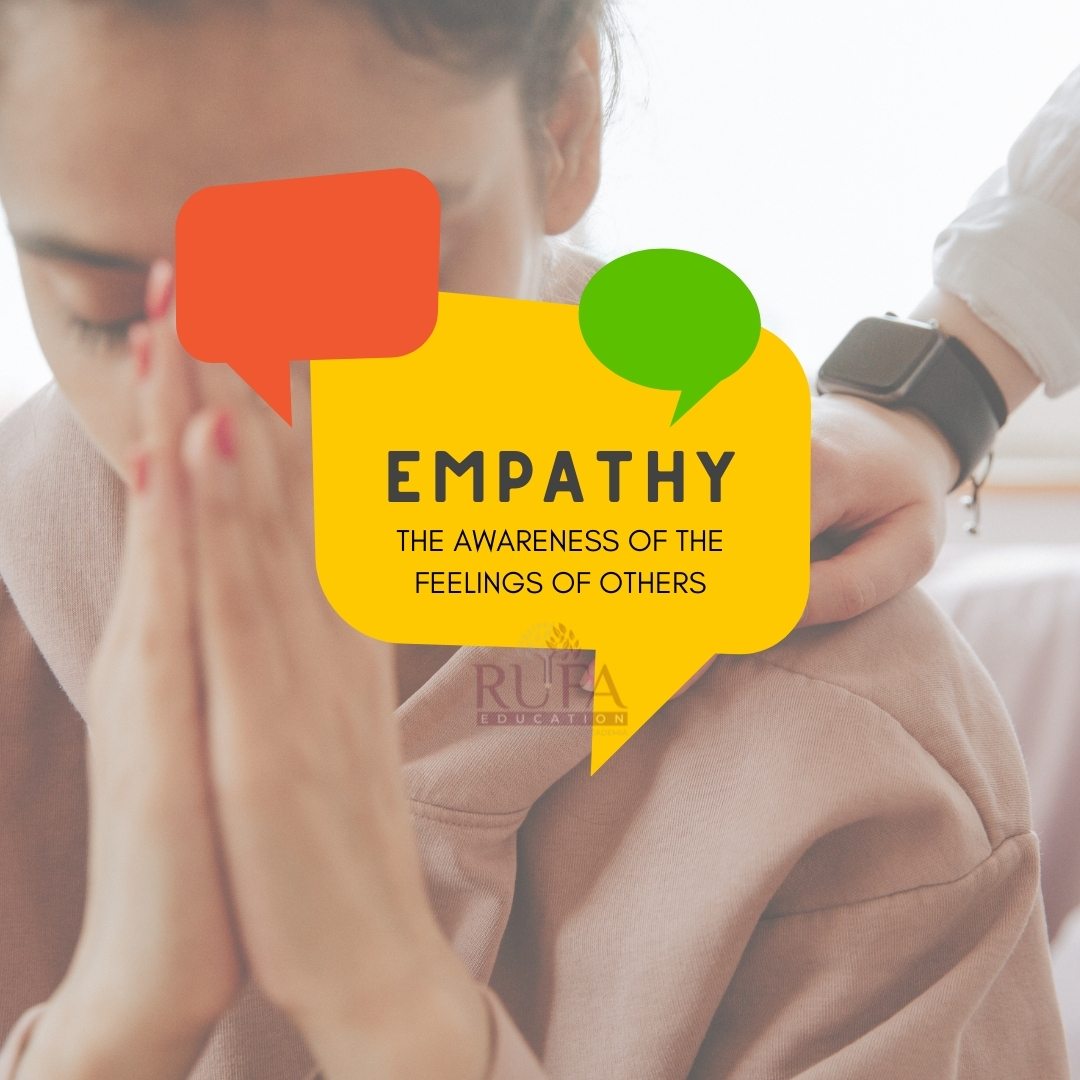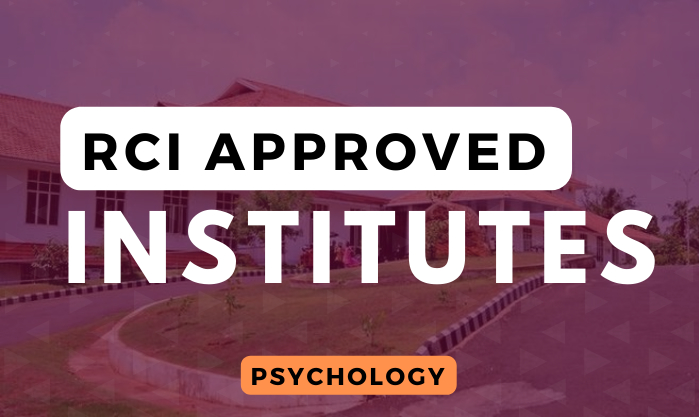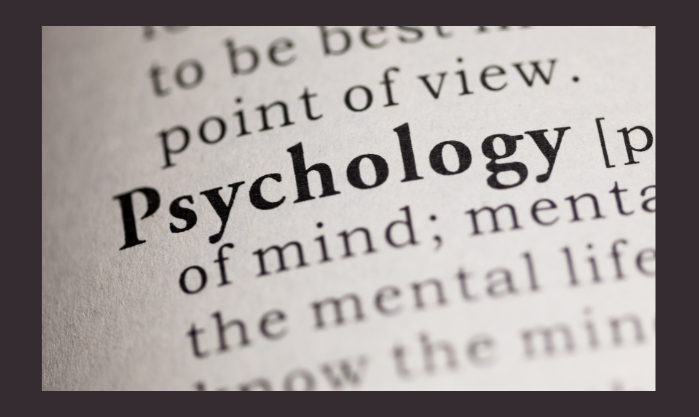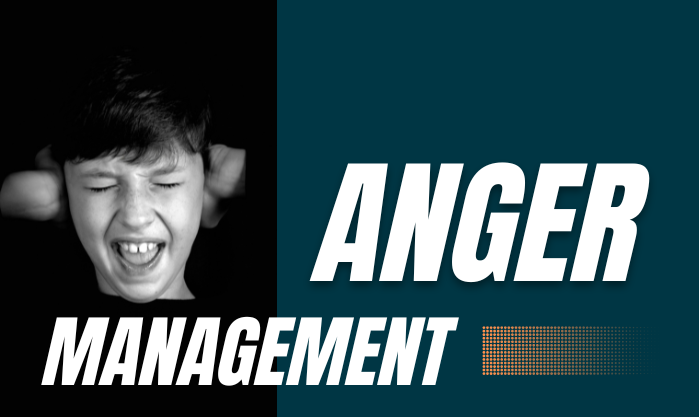Anger
23 March , 2023
Anger is often a way to avoid showing vulnerability when it doesn't feel safe to reveal or express the softer emotions. Turning to anger is usually an automatic, unconscious process, but it can become conscious.
Anger can also fuel the courage we need to overcome fear & protect boundaries that uphold our values. It can also prevent us from thinking clearly. This is why learning how to manage it in a conscious way is vital.
When children feel heard & understood they feel safer & braver experiencing & expressing all emotions.
The ability to regulate through the comfort of another is called coregulation. This on repeat wires the brain for self-regulation, emotional intelligence, empathetic responses, rational thinking & problem-solving.
By listening, truly listening, without judgment, parents learn the real reason behind the behavior, AND children feel safe enough to release those uncomfortable, daunting emotions.
Adults have a significant role in modeling nonviolent communication & behavior.
Being a safe space for children to mention & manage their emotions & replace aggressive behavior with nonviolent expression through empathetic guidance is emotional coaching.
We can be that for our children so they learn to be that for themselves & others.
LISTEN - What is my child really saying/feeling/struggling with?
IDENTIFY - Ask questions gently & sparingly to identify the underlying issue/s.
STAY PRESENT - Stay with your child in their storm. Don't default to anger & start your own.
TAKE A BREATH - Mentally acknowledge & manage your inner reactions so you don't inadvertently dump your own uncomfortable emotions on your child.
ENCOURAGE COMMUNICATION - Keep your expression open & your voice soft.
NOTICE NONVERBAL CUES - Look for shaking hands, trembling chin, anything that shows the anger is fading as underlying emotions move to the surface.
When the underlying struggle surfaces, stay with your child through the scary emotions, problem solve with them when they're ready, then guide them back to peace. Later, when emotions are settled, you can offer better ways of expressing themselves in the future.
© L R Knost
https://chat.whatsapp.com/B9rx7Bh5hJZGsmPMew5K0o
Related Blogs

What form of empathy do we need as Psychologists ?
With the increa...

Complete List of Institutions Offering M.Phil in Clinical Psychology - RCI Approved
Success in t...

Choosing Psychology as a Career
So you have ac...

Why Choose Psychology?
Before getting...

Anger Management
The goal of ...